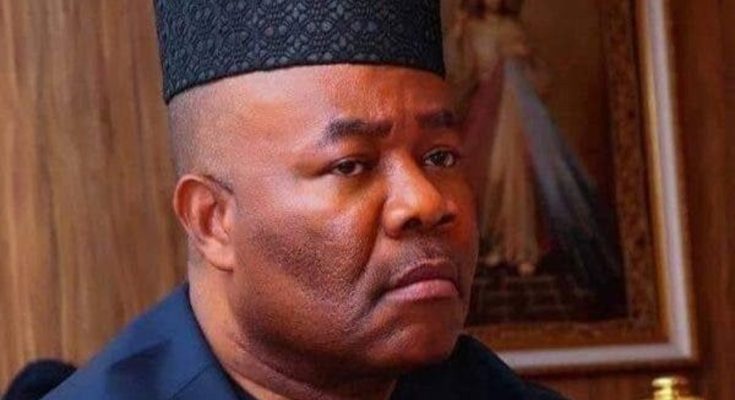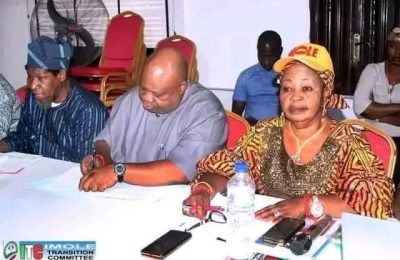

The Red Chamber has explained reason it often summons Ministers and Heads of different Departments and Agencies for meetings.

The Senate spokesperson, Yemi Adaramodu, gave the explanation in response to a recent comment by President Bola Tinubu, who urged the lawmakers should allow the Ministers to do their jobs without distractions.
Tinubu, addressing the leadership of the House of Representatives had said, even though oversight is essential for maintaining transparency and accountability in governance, excessive summoning of officials can disrupt operations and hinder service delivery to citizens.
Reacting, Adaramodu noted that summoning officials for questioning is a standard practice to ensure effective governance.
“The summoning of ministers and agency heads by the National Assembly is not done frivolously.
“There are substantial and substantive reasons behind such summons, and they are always communicated in advance, outlining the specific policy or delivery matters to be addressed,” he told Punch.
READ ALSO: “Your Frequent Summons Distracting My Appointees From Doing Their Job” – Tinubu Tells NASS
The summons, according to him, are not issued for internal affairs of ministries or agencies but rather for matters of public concern or policy implementation.
He said any grievances against officials are required to be submitted in the form of a public complaint or petition, which will then be deliberated upon in the open chamber before being referred to the relevant committee for further investigation.
Adaramodu referenced a recent oversight visit by a committee tasked with inspecting road projects, emphasising that legislators are willing to carry out their duties despite potential risks.
“The committee works, headed by Senator Barinada Mpigi was with the federal Ministry of Works staff. They went around inspecting the various road projects that the federal government has contracted. They even came to Ekiti. We saw them and spoke with them.
“I’m also in the Committee on Youth Development and we visited the orientation camps of corps members, all over Nigeria, we visited. We have been to the East; we have been to the West and the North.
“The committee on the petroleum matters, when they visited the Port Harcourt refinery. They gave us support that the refinery, that of Port Harcourt was 90 per cent complete and that within a few weeks or months, that when we start running petroleum products out of the refinery,” he added









